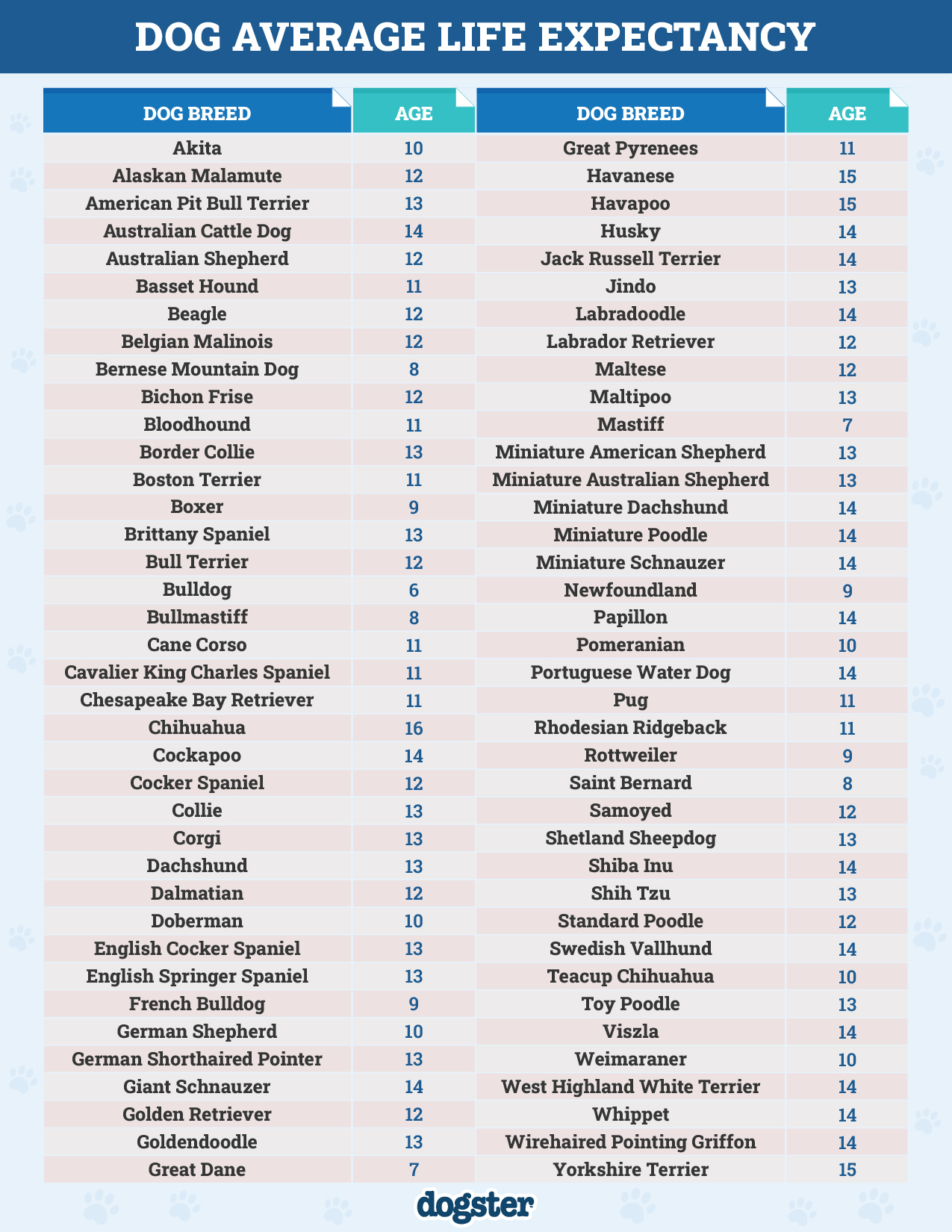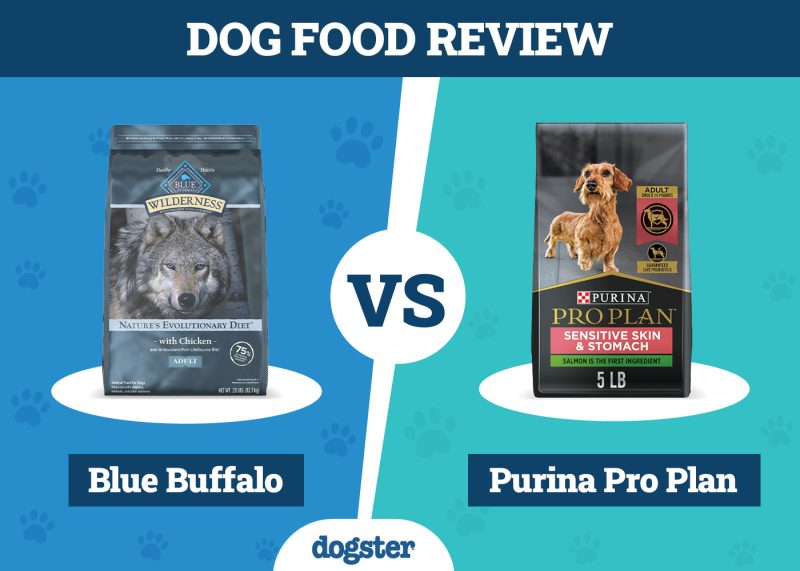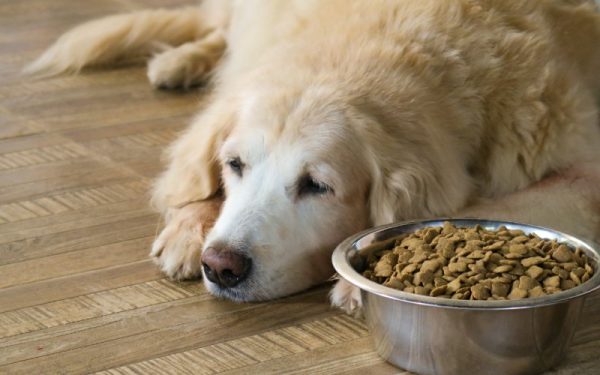In this article
View 3 More +As a Havanese owner or enthusiast, you may be curious about their lifespan. With their fluffy coats and playful personalities, it’s no wonder that Havanese are such beloved pets. But how long can you expect your furry companion to stick around? The short answer is that Havanese dogs have an average lifespan of about 14-16 years.
In this article, we’ll examine the lifespan of the Havanese, including factors that can affect them and tips for keeping your pup healthy and happy for as long as possible. Whether you’re a new Havanese owner or simply curious about these lovable pups, read on to learn more about their lifespan.

What’s the Average Lifespan of a Havanese?
The average lifespan of a Havanese is about 14–16 years, but some can live well into their late teens. This relatively long lifespan makes the Havanese an excellent choice for families looking for a long-term companion.

Why Do Some Havanese Live Longer Than Others?
Several factors can impact a Havanese’s lifespan, including breed genetics, environment, and overall lifestyle. While genetic factors are beyond our control, other factors can be managed to increase your Havanese’s life expectancy.
1. Genetics and Health Issues
One of the most significant factors affecting a Havanese’s lifespan is their genetics and health issues. Some breeds are more prone to certain health problems than others, and the Havanese is no exception. While the Havanese is generally a healthy breed, they are susceptible to luxating patellas and heart conditions.
Although a luxating patella may not change the lifespan of your Havanese, it can affect their quality of life, especially as they age. However, heart conditions can shorten a Havanese’s lifespan since the heart is such a vital organ. Reputable breeders will screen their Havaneses for these conditions, but regular vet care is crucial for improving your dog’s life.
It’s also important for your dog to receive regular flea, tick, and parasite prevention and treatment, as well as rabies and other vaccines that can prevent specific health issues. Additionally, regular dental cleanings and vet checkups can help you get on top of any health issues before they become a problem.
Here are some other health issues to look for.
Dental Issues
One of the most common health issues in Havanese dogs is dental problems. Owners should brush their dogs’ teeth regularly and take them to the vet for regular dental checkups. Dental treats can also help minimize the amount of plaque on your dog’s teeth.

Allergies
Havanese dogs are also prone to allergies. They can be allergic to pollen, dust, and food. Some common signs of allergies in Havanese dogs include itching, redness, and inflammation. Owners should work with their vet to identify and manage their dog’s allergies. Medications and environmental and behavioral changes can mitigate many of these allergies.
Ear Infections
Finally, Havanese dogs can be prone to ear infections. Because of the breed’s long, floppy ears, it can be difficult to keep their ears clean and dry. Owners should clean their dog’s ears regularly (once or twice a week) and watch for signs of infection, such as redness, swelling, and discharge. You should also watch out for parasites (fleas and ticks) as they can also be the source of many ear infections.

2. Nutrition
Another contributing factor to a Havanese’s lifespan is making sure that they receive proper nutrition. Dogs of any breed should be fed a high-quality, balanced diet. Working with your veterinarian or a canine nutritionist is highly recommended to achieve this. Avoid overfeeding your dog, which can lead to obesity and the problems associated with it. Also, avoid giving your Havanese table scraps, some of which can be toxic to your dog.
3. Exercise
Daily exercise is crucial for your dog’s physical and mental health. Regular physical activity can prevent obesity, improve cardiovascular function, and reduce the risk of chronic diseases. As a pet owner, it’s essential to incorporate daily walks, runs, and playtime into your routine. Not only will this keep your dog healthy, but it will also strengthen your bond with your furry friend.
Exercise can be done indoors or outdoors, but it’s always great for dogs to get fresh air. You can engage them in physical activities such as walking, running, swimming, or playing fetch. The good thing about these small dogs is that they’re so small they only need about 20 to 30 minutes of exercise a day.

4. Living Environment
Another factor affecting a Havanese’s lifespan is their environment. Like all dogs, Havanese require a safe and comfortable living environment, adequate nutrition, and proper daily exercise. A stressful environment can negatively impact a Havanese’s health and lifespan. It’s important to provide your Havanese with a clean and safe environment and meet their care needs to ensure they live a long and happy life.
5. Lifestyle
A dog’s lifestyle can impact their lifespan. Dogs thrive on routine, and having a consistent schedule can reduce stress and anxiety in your furry friend and ensure good mental health. Ensure your dog gets enough sleep and avoid leaving them alone for extended periods. This will reduce the risk of separation anxiety and other behavioral issues, such as stress and depression, which can lower their quality of life and their lifespan.
Finally, giving your dog lots of love and attention is essential in increasing their lifespan. Dogs thrive on human companionship, and studies have shown that dogs that receive affection and attention from their owners tend to live longer and healthier lives.
Remember to have regular vet visits when owning a Havanese to keep their health and well-being. If you’re concerned about your dog’s health we suggest you speak to a vet.
If you need to speak with a vet but can't get to one, head over to PangoVet. It's our online service where you can talk to a vet online and get the advice you need for your dog — all at an affordable price!

The Life Stages of a Havanese
1. Puppy
A Havanese is considered to be in the puppy stage until about 1 year old. They will continue to grow and develop until they are about 6 to 8 months old, and they will reach sexual maturity during the first year of their life as well.

2. Young Adult
Haveneses between the ages of 2 and 5 are in the young adult stage. Their bodies are fully developed, and they are generally pretty healthy. They also have the most energy during this time.
3. Mature Adult
A mature adult Havanese is between 5 and 10 years old. They may have less energy and are not as playful, but they still enjoy spending time with you and going for walks. Less serious health problems may start to crop up during these years.

4. Senior
A senior Havanese is 10 to 12 or older. Their bodies start to slow down, and they seem less energetic and playful. It is important to make sure they still receive exercise, although less strenuous, during this time, as well as a proper diet. However, they can gain weight as their metabolism slows down. More health issues can develop during this time as well.

How to Tell Your Havanese’s Age
If you get them from a breeder, they will have documentation stating exactly when they were born so that you can know their age. However, a vet can look at your Havanese’s teeth and other body parts and give you an estimate of how old they are.


Wrapping Things Up
The Havanese is a beloved breed known for their friendly nature and adorable appearance. While the Havanese may have a long lifespan, several factors can help increase their life expectancy. Proper nutrition, a quality environment, daily physical activity, and regular veterinary checkups can all contribute to a longer life for your Havanese pup.
By taking note of the factors that impact a Havanese’s lifespan, you can make informed decisions about welcoming one into your home and providing them with a happy and healthy environment.
See also:
Featured Image Credit: Dorottya Mathe, Shutterstock

























2 Responses
MY 15 year-old Havanese roams around aimlessly, doesn't engage in play, seems lost, stares into space, but still eats well. Is 15 a long life for a Havanese? Is she in misery in this demented state? I love her so much and don't want her to suffer. Should I consider letting her go because of her quality of life?
Hi Brenda, thank you for reaching out.
It can be very challenging to make decisions about a senior pet's quality of life, especially when we care about them so much.
Here is one article that talks about some palliative care options for senior pets, though obviously, this is not specific to your own pet's concerns. If you do want to speak with a veterinarian in more detail, we have an online service called PangoVet. In an appointment, we could discuss what options you may have, both with possible medical care that might help improve your pet's final stages of life, or to help you discuss how to make decisions of end of life care: https://pangovet.com/schedule-appointment/ We hope this helps!